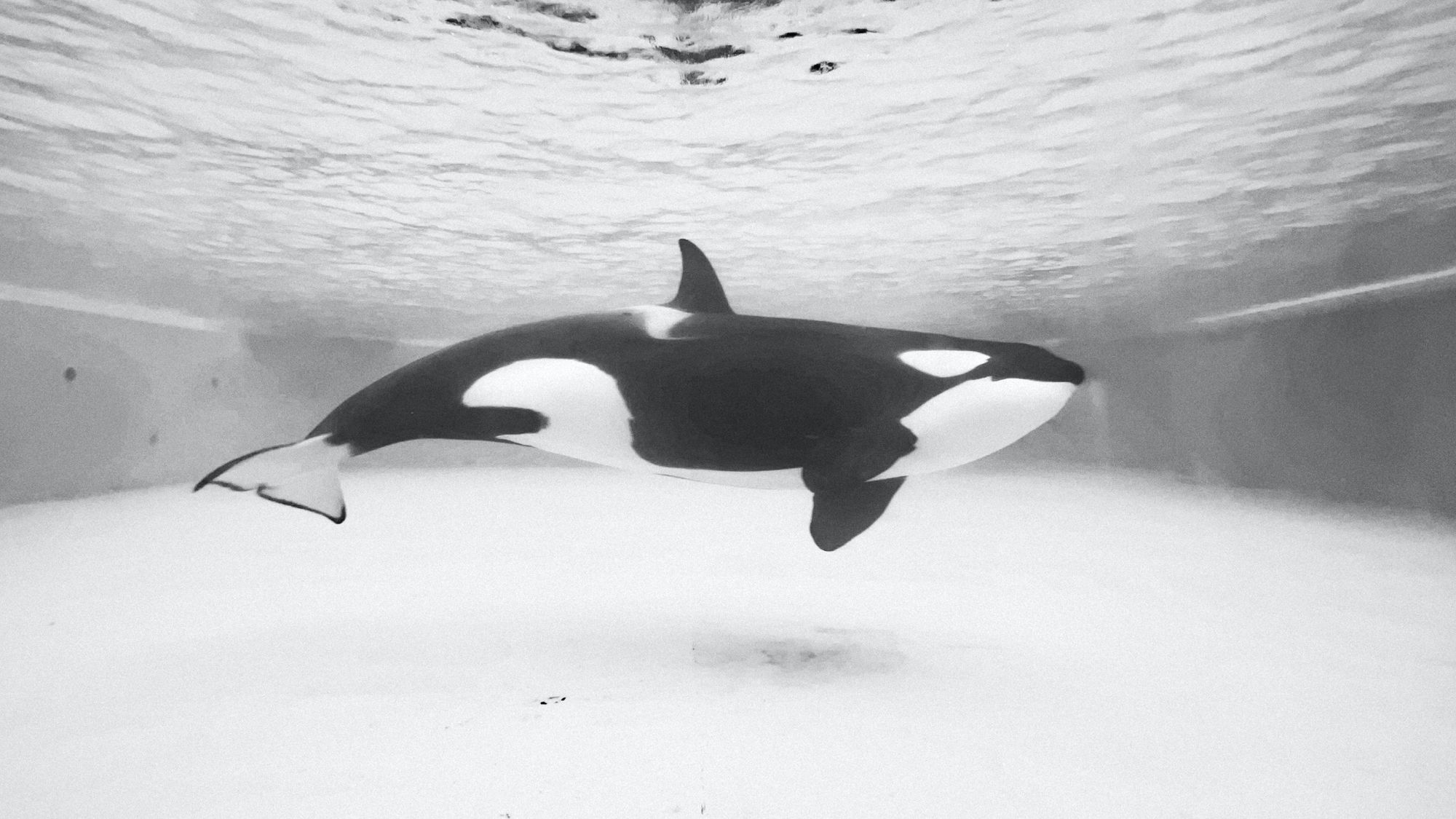Revenge? or Do Orcas Just Wanna Have Fun?
This whale of a story is about more than ship-beating orcas, it’s about the imbalance we cause on the planet. If the orcas are performing payback, it’s time for us to pay attention.

Scientists in Portugal Want to Know Why These Huge Whales are Attacking Ships. If it’s payback, I’m Rooting for the Orcas
To put it bluntly, we’ve been f…. g up the environment, negatively impacting biodiversity for a long time. When you think about it, for as smart as humans have become, our genius comes with blind spots and short-sightedness. Like the unfairly characterized bull who doesn’t know the value of fine china, we tend to lean into what is profitable, convenient, or fun… and it carries a price. The whales, like the environment, might be making us pay.
First the Orcas
Off the coast of Spain and Portugal, Orcas, known as “killer whales,” have made sport of destroying sailboats. Pods of the whales have crashed into hulls and chewed rudders. A Washington Post report by Dino Grandoni is one of the many fascinating stories about this dilemma.
Grandoni writes that according to Grupo de Trabajo Orca Atlántica, or GTOA, the research group studying whales in the region, an increase in attacks began in 2020. The whales have earned social memes and been labeled anti-capitalist after attacks on yachts round the Strait of Gibraltar. I must admit I haven’t seen the Avatar movie, The Way of the Water, apparently, the comparisons are spot on.
But scientists (and boat owners) are not amused. Researchers believe there are two possibilities; one is the whales are enjoying spring break, frolicking, and hitting boats for fun. The orcas are intelligent and curious mammals capable of repeating actions and teaching those actions to their young, a form of predator training.
The other theory is more disturbing. To use the vernacular, payback is a mother. It could be a ginormous food fight, and we started it. Fishing vessels are pulling in their bluefin tuna, and in the process, whales have been injured or killed by the fishing lines. 0ne researcher believes it’s possible an altercation with a boat led to killer whales teaching others to attack fishing boats. They’ve identified the vengeance teacher as a female whale named, White Gladis. Hell, hath no fury…
This is all conjecture and scientists will continue doing their science thing until they can find the answer. Still, in the meantime, the story reminded me of numerous conversations I’ve had with friends about the clumsy nature of our brilliance.
The human negative impact on the environment jeopardizes all that we need to be healthy, like air, water, food supply, soil, and climate. Remember how the murky waters in Venice cleared up during the pandemic? So, is it that one way to clean up the environment is to keep humans out of it? Maybe so.
The National Wildlife Federation says that “Habitat loss—due to destruction, fragmentation, or degradation of habitat—is the primary threat to the survival of wildlife in the United States. When an ecosystem has been dramatically changed by human activities—such as agriculture, oil and gas exploration, commercial development, or water diversion—it may no longer be able to provide the food, water, cover, and places to raise young that wildlife needs to survive. Every day there are fewer places left that wildlife can call home.”
And it’s not that great for us either.
Healthy People 2030 is an initiative of the Department of Health and Human Services created to improve public health and well-being. Their focus is on reducing people’s exposure to harmful pollutants in air, water, soil, food, and materials in homes and workplaces. According to their most recent data, more than 12 million people around the world die every year because they live or work in unhealthy environments. Respiratory diseases, heart disease, and some types of cancer can be tied to our polluted environment. Pesticides, fertilizers, and other toxic farm chemicals can poison fresh water, aquatic environments, air, and soil. And last for generations.
In a PBS interview, Columbia University professor of Water, Sanitation and Hygiene, Shannon Marquez points to the inattention to infrastructure. “First, we have aging infrastructure and repairs and maintenance that have really lagged because states and local governments have been overburdened and juggling these funding priorities for a number of years.” She also mentions climate change and the impact of extreme weather conditions on water systems and the aging infrastructure.
As humans seem to under-deliver in rectifying dangerous water systems, our overconsumption makes us a toxic force in the environment. Overconsumption contributes to climate breakdown, air pollution, and the imbalance of our natural resource systems. Poaching and overfishing can lead to species extinction. Hundreds of animals have been hunted to extinction. Among two dozen recently extinct animals are the Ivory Billed Woodpecker and the Chinese River Dolphin.
And in the circle of life, this leads us back to the whales. They live in the oceans we’ve poisoned; we take their food in larger amounts than we likely need or use, and we kill their family and friends, either intentionally or unintentionally. There is debate among scientists on whether the orcas have plotted a revenge situation like in the movie, Jaws. Although a few researchers said they should.
While we humans are capable of tremendous good on the earth, we have fellow humans and organizations wedded to processes that cause irreparable harm. I’ve never believed that we are capable of destroying this entire planet, I think we would more likely destroy ourselves, like the nutty scientist who inadvertently drinks his own poison.
All the orcas have to do is wait us out.
